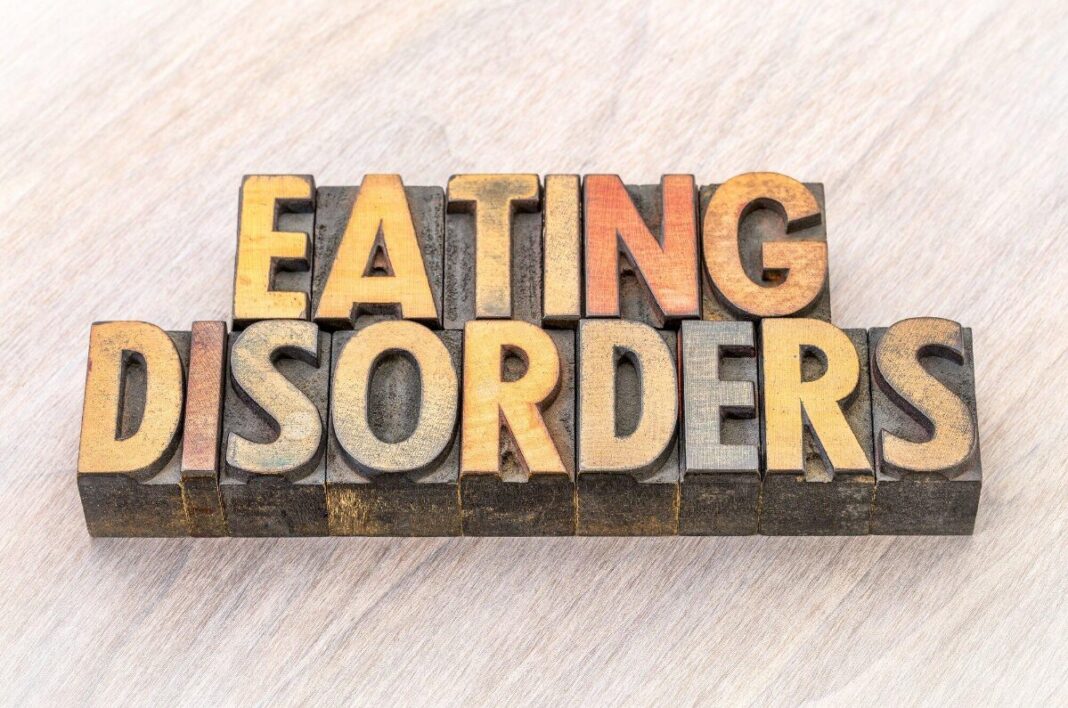Mental health concerns don’t only affect how you think and feel but also your physical well-being. So, many recommend seeking help when you’re ready. Eating disorder therapy requires a few points to ensure its effectiveness and success. But what exactly are those? Here are four essential elements you should incorporate in an eating disorder treatment plan.
1. Individualized Treatment
With eating disorders, remember that each person’s experience and triggers are unique. So, an effective eating disorder recovery plan should be tailored to these needs. Because of this, it helps to know the different types of eating disorder treatments you can get. One common approach is cognitive-behavioral therapy. It helps individuals identify and change negative thought patterns. At the same time, it encourages them to develop healthier coping mechanisms and build a better relationship with food. Nutritional counseling also helps extreme dieting habits and promotes a balanced approach. So, it’s crucial to take note of how the individual feels and thinks upon starting the treatment. When you combine counseling with different interventions, you can help develop healthy and long-term results.
2. Multidisciplinary Approach
Dealing with irregular eating is a team effort. So, the individual and counselor should work closely together. If necessary, it also involves help from professionals in different fields. Because of this, it’s best to have a mental health therapist who is compassionate and experienced. This way, the individual can get the proper care based on their concern. Some people you want to consider include a dietitian, medical doctor, psychiatrist, and more. It can vary according to your case, so it helps to look into the experts you might meet later. Either way, each of them contributes to watching over your health throughout your eating disorder therapy. All the while, they aim to help you build a better relationship with food.
3. Family Involvement
Eating disorders have a major impact on the individual experiencing them. In some cases, it also affects those around them, like their family and friends. So, loved ones need to be involved in the treatment process. This way, they can provide unwavering emotional support and create a nurturing environment. Moreover, they can help actively prevent a relapse. With this, it can boost the success of an irregular or excessive eating recovery plan. At the same time, it helps the individual build a stronger bond with their loved ones and empowers them to overcome challenges together. You also want to note how family involvement and early intervention contribute to preventing eating disorders in adolescents.
4. Aftercare and Support
The journey to recovery doesn’t only end when the treatment plan does. Aftercare also plays a crucial role in the process. It involves implementing different strategies to maintain the progress made during treatment. At the same time, it focuses on reducing the risk of relapse. A few ways it can happen include ongoing therapy sessions, joining support groups, and having regular check-ins. This way, professionals can actively monitor the individual’s well-being and guidance.
Create an Effective Eating Disorder Treatment Plan With These Elements
A successful eating disorder treatment plan is usually comprehensive and personal. It should include proper support and tailored care to ensure it fulfills the individual’s needs. By ensuring you include these points, you can develop effective and long-term recovery for different cases.
You can check out the rest of our blog for more tips.



